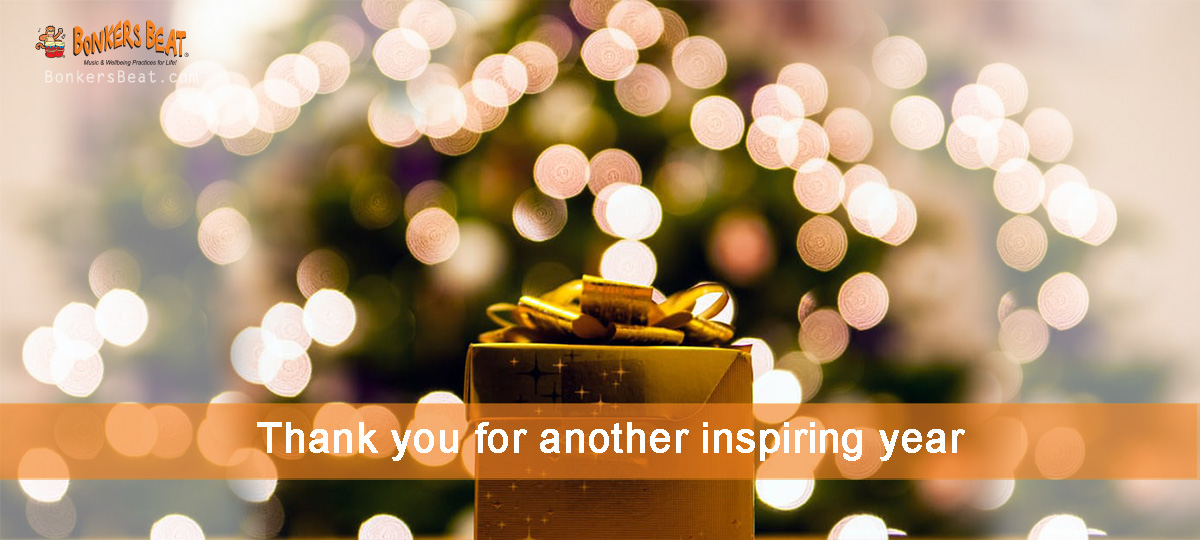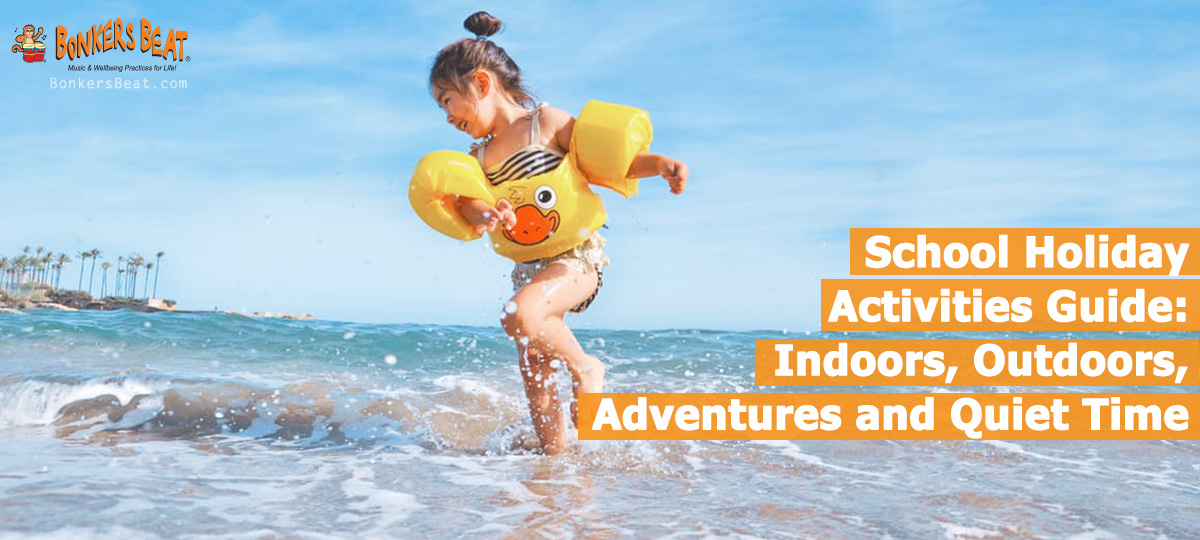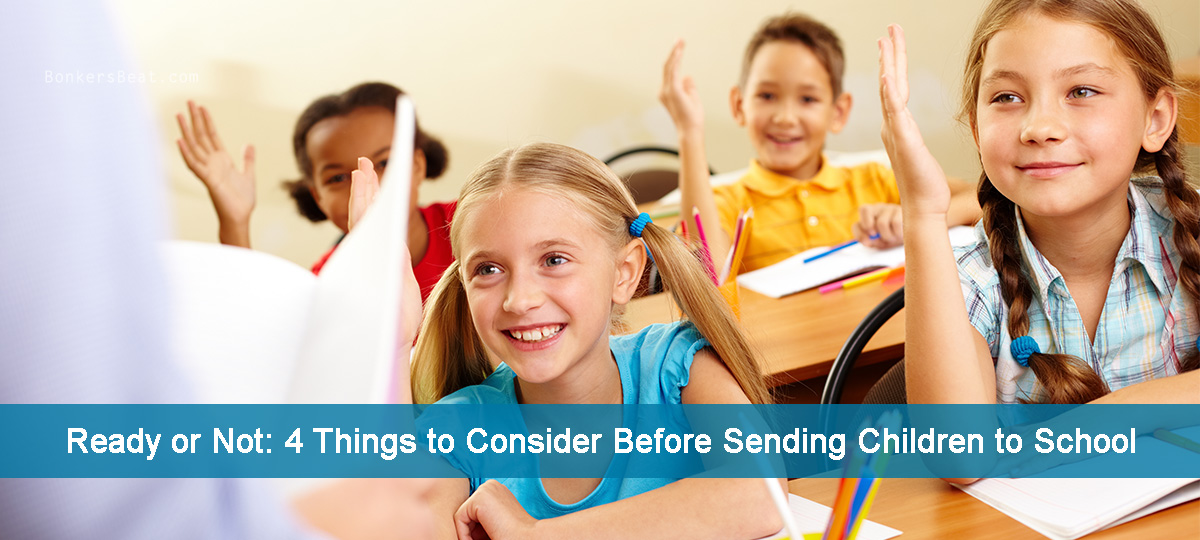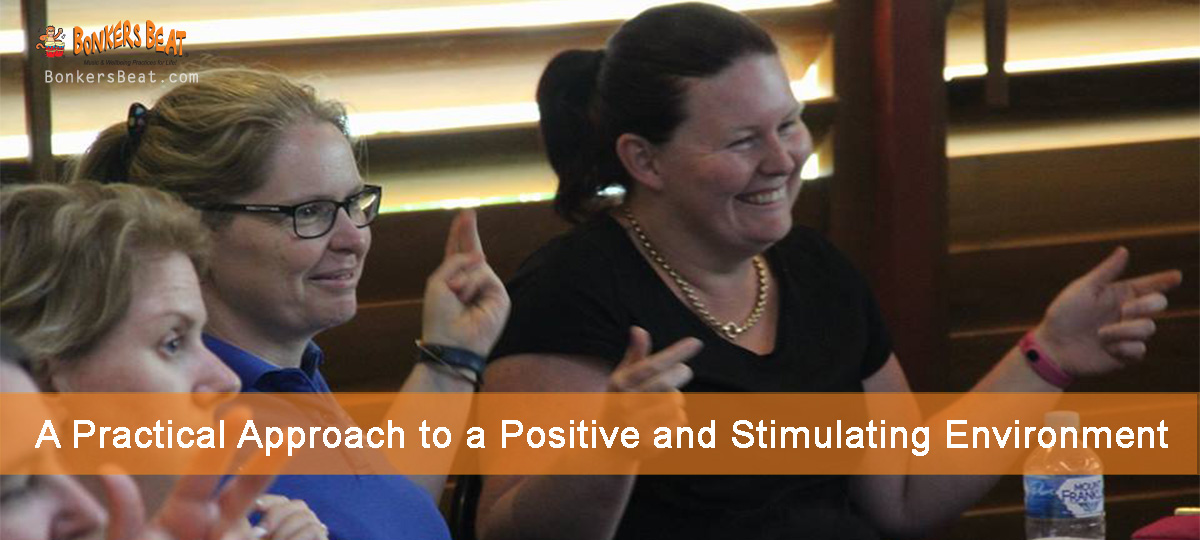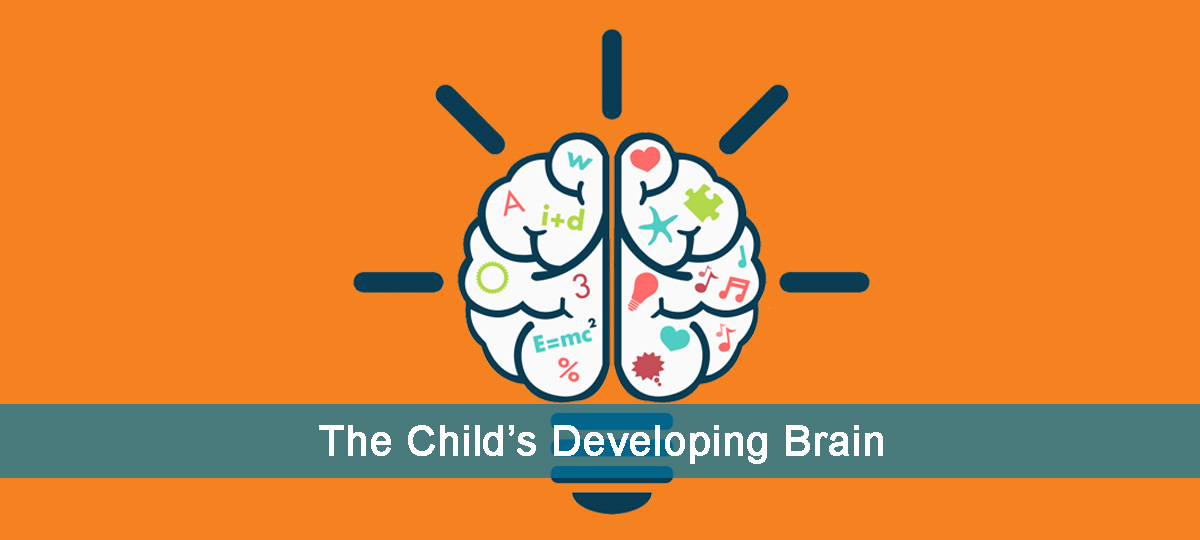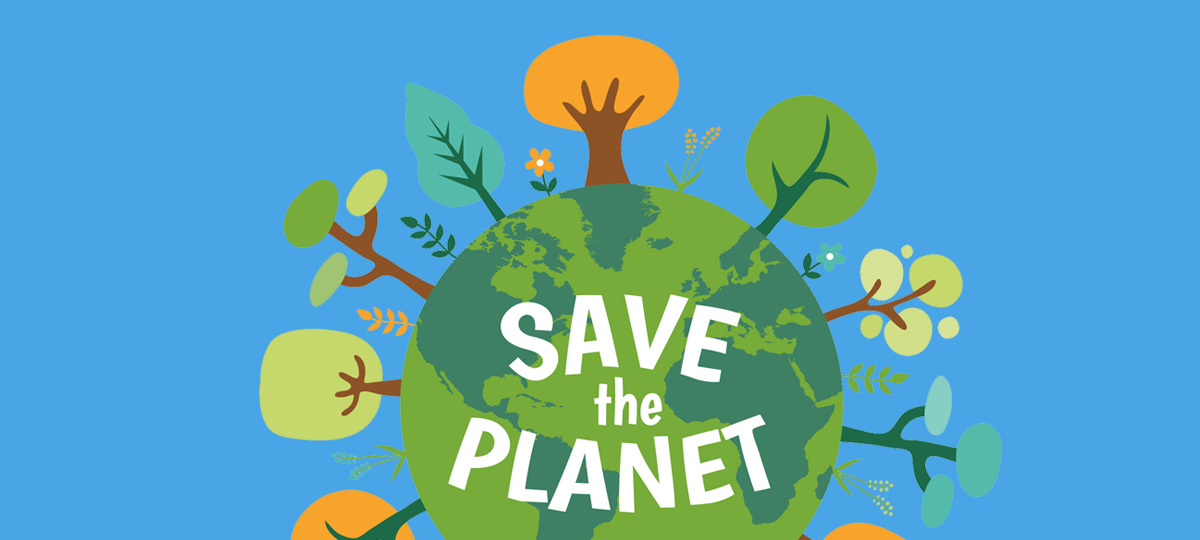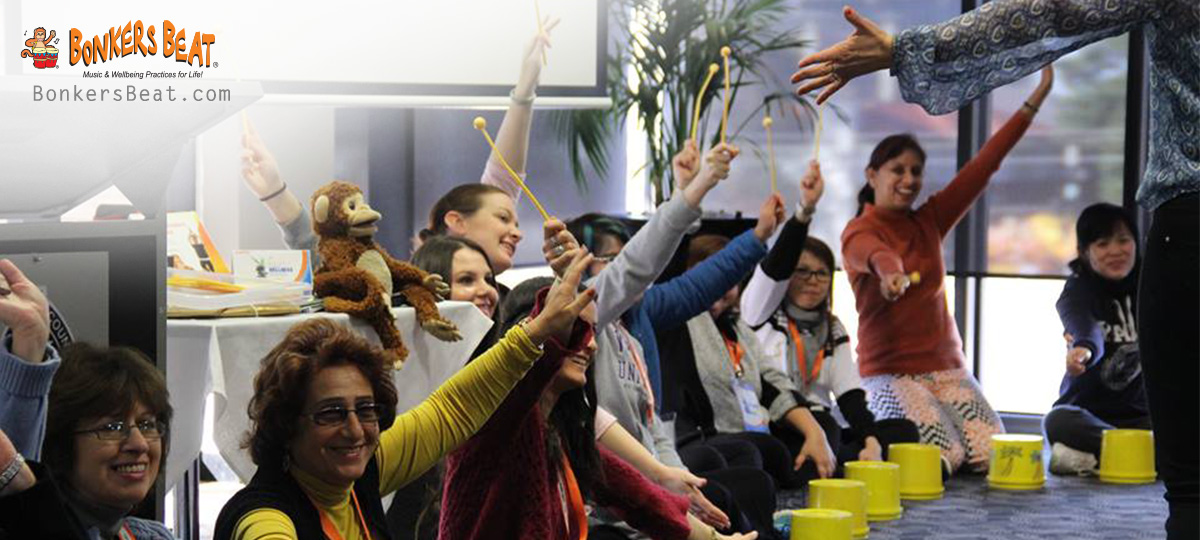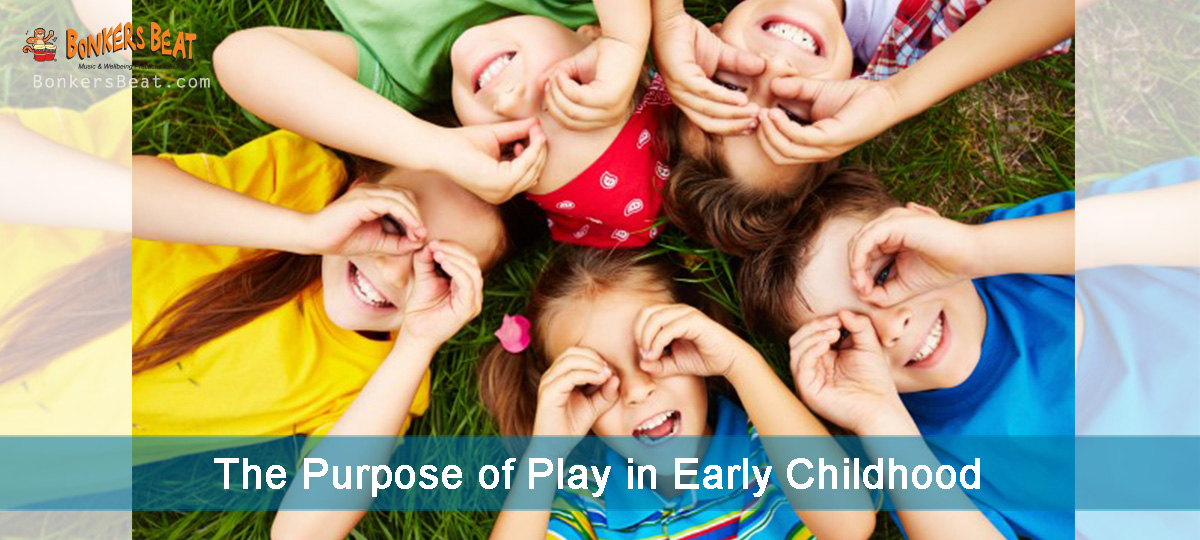There are many centres across Australia running our Bonkers Beat Music and Wellbeing programs. And the management and educators at each and every one of those centres get the opportunity to attend two Wellness Summits each year. These Wellness Summits are early childhood professional development days exclusively open to centres who are Bonkers Beat members.
Taking place in summer and winter, the Wellness Summits head to each state so teams don’t need to worry about traveling – or missing out.
Our Winter Wellness Summits 2016 have just finished up, so this is the time to reflect, summarise and share feedback from our participants. Now is also the time to get ready for a BIG announcement about our keynote speaker for Summer 2017.
More Children, Motivated Educators, Engaged Parents
Reflecting on the success of the recent Bonkers Beat Wellness Summits and Bonkers Beat Program progress over the last seven months, many centres who implemented Bonkers Beat programs have noticed that:
- Their occupancy increased by 18% (some centres reached full capacity!)
- The attitude of their educators has improved, leading to a more positive culture
- Educators became more confident and competent using music and wellbeing experiences with children
- Parents became more engaged, leading to an increase in participation
- Children have improved a vast range of skills and can’t stop singing and dancing at home
- Parents are raving about centre programs and are spreading the good word to other parents!
Improved NQS Rating, Saved Thousands on Professional Development
We also found that most centres have improved all seven areas of the National Quality Standard and some centres have even achieved a higher rating.
Last, but not least, the owners and management have provided their entire team the most comprehensive and practical training, which has saved them over $23,000 within one year!
Another Successful Early Childhood Conference
We were thrilled with all our speakers this year. At the Wellness Summits we had the honour of providing three of Australia’s leading parenting and education experts, public speakers and authors Kathy Walker, Shona Bass and Kerrie O’Neill, who is also a founding committee member of the Reggio Emilia Australia Information Exchange.
We were also delighted to bring to the Summits some of the best wellbeing experts who gave us inspirational and practical strategies to enhance children’s and our personal wellness.
In summary, we were overwhelmed with the results and are proud of the practical and inspiring professional development training that we have provided to these incredible teams.
Benefits to Educators
In summary, the benefits to educators included:
- Gaining a vast range of practical skills
- Learning new songs and games
- Learning new wellbeing strategies
- Discovering new ways of documentation
- Bonding as a team
- Meeting many other likeminded, passionate educators
“The Bonkers Beat Winter Summit is so different… hands-on, engaging, participations that can be implemented into the service and into the program, real topics that are relevant to educators in centre, broken up with activities. One of the best things was to learn and incorporate Bonkers Beat into the program, the explorations, Kerrie O’Neill was engaging, fantastic, provocative and inspiring!” – Troy Murphy, Room Leader – Billy Bear Preschool and Long Day Care Centre
Benefits to Management
The benefits to management included:
- Connecting with management from other centres
- Discussing ideas for effective marketing, meaningful documentation, motivation and strategies for retaining quality staff
“Practical…Meaningful…Engaging! Kerrie O’Neill’s presentation on documentation and of course Galina’s presentation of the songs were fabulous – just not long enough!” – Kay Doyle, Approved Provider, Bachelor ECE – The Forest Childcare Centre
To find out more about what management and educators thought of the Wellness Summits, click here.
Currently we’re working on many projects that will enrich centres and will be announced before the end of 2016. We look forward to continuing this exciting journey together.
If you’d like to learn how your centre can join us, simply email info@bonkersbeat.com. While we only offer a limited number of spots across the country within our Bonkers Beat Programs, we do have some availability.
Here’s the BIG news!
Our next speaker for Summer Wellness Summits 2017 will be National and International Early Childhood presenter and renowned Early Childhood Business Developer, Alina Dan.
Alina will give a very clear, concise and empowering presentation about documentation, the role, responsibilities and goals every Educational Leader and Manager should know about.
Summer Wellness Summit Dates 2017
Melbourne: February 11 2017
Sydney: February 25 2017
Brisbane: March 4 2017
Mark these dates in your calendar now and get ready for a big adventure in 2017. Don’t miss out!
If you’re centre is not currently a Bonkers Beat member, you can find out how to join us by emailing info@bonkersbeat.com – there’s still time to sign up and have your entire team attend our Summer Wellness Summit in 2017.
Not to be confused with the recent (and fantastic!) Wellness Works! Early Childhood Leaders Conference, which was a ticketed event, the Wellness Summits are early childhood professional development sessions only open to centres with membership to the Bonkers Beat Music and Wellbeing program.
For all centres running Bonkers Beat within their curriculum, please remember that the Wellness Summit is a 1-day event for your entire team to attend together with NO additional costs, fees, tickets – it’s all included in your Bonkers Beat membership!
Can’t wait to see you all again soon!


